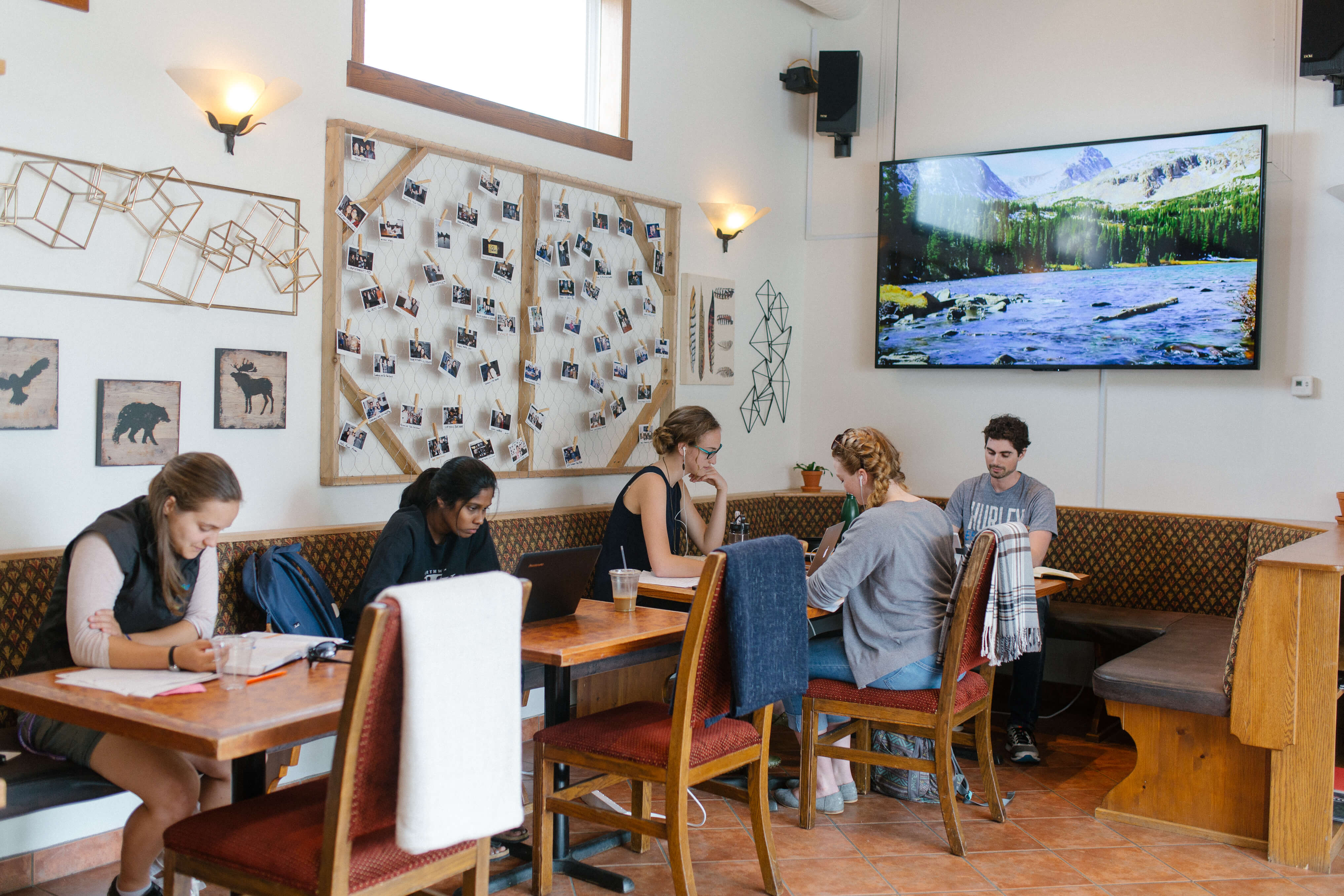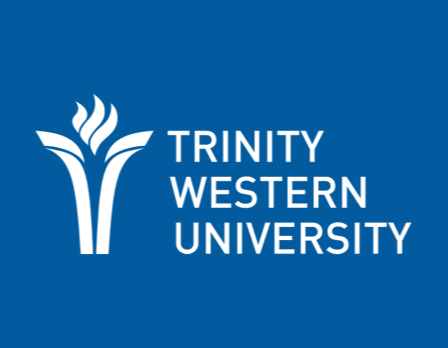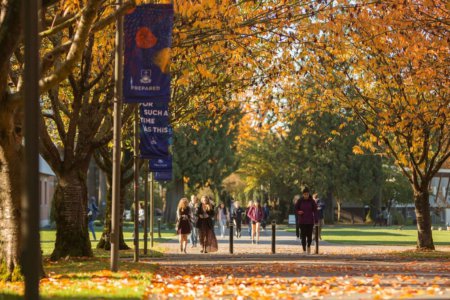Trinity Western University (TWU) has led by example in managing the learning journey of students in the face of the pandemic. The rapid spread of the COVID-19 pandemic created uncertainty across the globe, disrupting thousands of industries and millions of lives. Higher education institutions and students were no exception. In a matter of days, classes were canceled and campuses were closed. Many international students were left stranded or forced to immediately return home if border regulations permitted. Where some universities took action that instantly disrupted the lives of faculty, staff and students, TWU took a measured approach by halting classes for three days to provide a transition to faculty and students and reopening as a fully online campus. Residences were slowly emptied over a number of weeks while supporting students to find alternative, safe accommodation and allowing a minority to remain on campus learning online. All of these measures were taken in the best interests of the students — protecting them from the pandemic while treating each student with dignity by finding good long-term solutions.
TWU’s calm foresight in handling the coronavirus crisis was, in part, due to its preparation which began some 20 years ago. Dr. Phil Laird, Vice President of Innovation, Global and Academic partnerships, was part of TWU preparation teams both in the early planning stages when SARS was first on the world’s radar in 2002 and again in 2009, for the H1N1 virus. Informed and prepared through those experiences, the university made it a point to stay ready at all times. Physical distancing, sanitary precautions and protection from exposure — these measures were ready and waiting to be implemented prior to COVID-19. A state-of-the-art online learning platform was also developed.

Source: Trinity Western University
For almost 15 years, faculty members used and refined this online system to supplement their face-to-face courses, from uploading syllabi, engaging in class discussion, to grading. In 2020, these pragmatic efforts had a profound impact: TWU students could continue their learning undisrupted, a feat matched by few other universities in the world.
Despite the world’s slow but steady return to normalcy as vaccines roll out, these innovations will live on alongside some past practices, forming an effective hybrid approach. “To adapt, we avoided overreacting,” Laird shares. “One of the ways we managed COVID-19 was through empathetic, strategic management.” The university began by identifying who needed to remain on campus, i.e., science students who needed access to laboratories and theater or art students who needed their studios. For safety reasons, many international students expressed that they would feel more at ease remaining in Canada too — so approximately 150 students remained on campus throughout the summer and into the fall, not as nomads, but as students, with access to all necessary facilities when they weren’t joining their peers online for lessons.
A liberal arts education that creates recession-proof graduates

Source: Trinity Western University
It’s easy to be inspired to excel in an environment like TWU, with its seemingly effortless demonstration of agility and resilience in times of crisis. To develop the same traits, tomorrow’s leaders need to foster a mindset to see every challenge as an opportunity for growth. There’s no better way to acquire this recession-proof mindset than with the combination of relevant 21st century skills in the context of a liberal arts education. Many universities provide technical skills that can help graduates secure entry level employment, but a smaller subset of universities provide the Liberal Arts education that prepares learners to move into leadership or management roles or to transition to other careers should the employment market change down the road.
Why liberal arts? Start with the fact that graduates are known to possess a suite of in-demand, adaptive skills. This includes the ability to think critically, analyze information, synthesize data, strategize, as well as communicate effectively. Research know-how and strong digital literacy provides another recession-proof skill — the liberal arts teaches how to design research, collect and analyze data, draw conclusions and make arguments, and seek out the best sources of information.
“Combine liberal arts with career-ready skills and you get the perfect package,” Laird says. “Once they get the job, that’s where the liberal arts education takes over. They shine, they move into leadership, they move into management. They’re given more authority, more responsibility.” According to Forbes, the ROI for a liberal arts education is also greater than the estimated ROI of discipline specific engineering schools and business schools.

Source: Trinity Western University
Not only do liberal arts graduates go on to obtain their dream jobs, they’re more inclined to develop those jobs into careers. “Who gets impacted the greatest during a recession or pandemic? Entry-level workers and people who are on the front lines. Who gets impacted the least? The people in leadership, management and strategy. Organizations can’t afford to retire or lay off their creative problem-solvers because an organization will need to find its way out of the crisis,” Laird shares.
Before taking on the rigours of the workforce, TWU students are given multiple opportunities to apply their knowledge with industry experiences. Opportunities include travel abroad experiences, direct work in labs and research centers, mentorships, internships and practicum placements. Some have even interned for the Prime Minister of Canada. This is one of the reasons why TWU is consistently rated high in student satisfaction, quality of education and student engagement.
If you are looking to evolve into an agile, resilient and recession-proof graduate — TWU is ready to inspire you. Learn more here.
Follow Trinity Western University on Facebook, Twitter and Instagram













